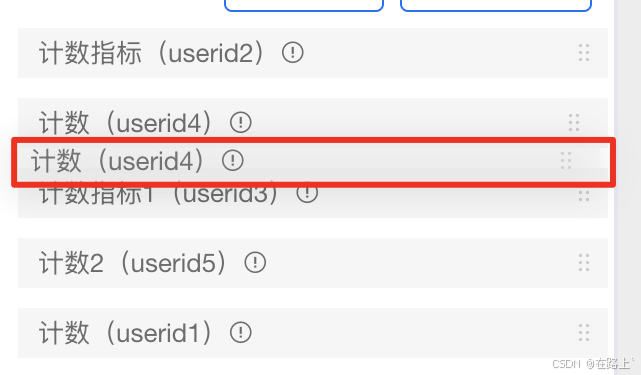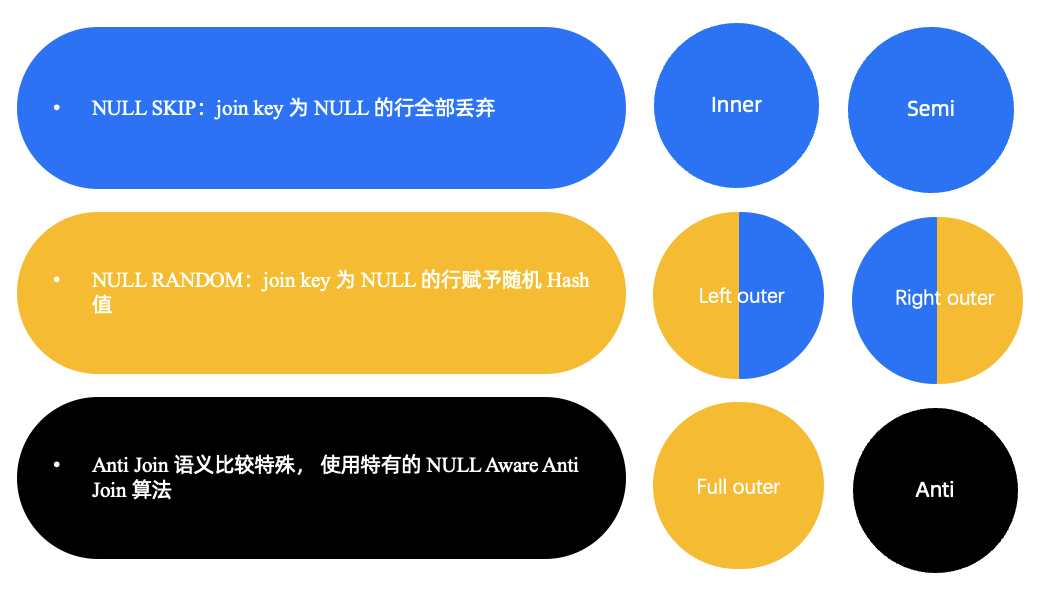目录
2.1概念
2.2格式
5.1根据宏是否定义
5.2根据宏值
5.3防止头文件重复包含
- 指针函数
2.1概念
本质上是函数,返回值是指针类型
2.2格式
数据类型 * 函数名(参数列表)
{
函数体;
return 地址;//失败一般会返回NULL
}

- 函数指针
- 概念:本质是指针,指向的函数
- 格式:
数据类型 (*指针名)(参数列表);
数据类型: 与指向函数的返回值类型保持一致
参数列表:与指向函数的参数列表保持一致
- 基本用法
#include<stdio.h>int add(int a,int b)
{return a+b;
}int sub(int a,int b)
{return a-b;
}
//2.函数指针作为函数的参数,实现接口重用---》多态
int test(int (*p) (int,int))
{
printf("%d\n",p(3,4));return 0;
}
int main(int argc, char const *argv[])
{//1.函数指针
int (*p) (int,int);
p=add;
printf("%d\n",p(2,3));
p=sub;
printf("%d\n",p(2,3));//2.作为参数传参
test(add);
test(sub);return 0;
}- 函数指针数组
- 概念
本质是数组,存放的是函数指针
- 格式
数据类型 (*数组名[元素个数]) (参数列表);
数据类型:和指向函数的返回值类型一致
参数列表:和指向的函数的参数列表一致
例如:
#include<stdio.h>
int add(int a,int b)
{return a+b;
}int sub(int a,int b)
{return a-b;
}
int main(int argc, char const *argv[])
{
int (*arr[2])(int,int)={add,sub};// arr[0]=add;arr[1]=sub;for(int i=0;i<2;i++)
printf("%d\n",arr[i](5,9));return 0;
}练习:
a) 一个整型数
b) 一个指向整型的指针
c)一个指向指针的指针,它指向的指针是一个指向一个整型数
d)一个有10个整型数的数组
e)一个有10个指针的数组,该指针是指向一个整型数的
f)一个指向有10个整型数数组的指针
g)一个指向函数的指针, 该函数有一个整型参数并返回一个整型数
h)一个有10个指针的数组,该指针指向一个函数,该函数有一个整型参数并返回一个整型数
1.有以下程序,其输出结果是()。
#include<stdio.h>
void swap1(int c[])
{
int t;
t=c[0];c[0]=c[1];c[1]=t;
}
void swap2(int c0,int c1)
{
int t;
t=c0;c0=c1;c1=t;
}
int main( )
{
int a[2]={3,5},b[2]={3,5};
swap1(a);
swap2(b[0],b[1]);
printf("%d %d %d %d\n",a[0],a[1],b[0],b[1]);
}
A)5 3 5 3 B)5 3 3 5 C)3 5 3 5 D)3 5 5 3
2.有以下程序,执行后输出结果是()。
#include <stdio.h>
void f(int a[],int i,int j)
{
int t;
if(i<j)
{
t=a[i]; a[i]=a[j];a[j]=t;
f(a,i+1,j-1);
}
}
main( )
{
int i,aa[5]={1,2,3,4,5};
f(aa,0,4);
for(i=0;i<5;i++)
printf("%d,",aa[i]);
printf("\n");
}
A)5,4,3,2,1, B)5,2,3,4,1, C)1,2,3,4,5, D)1,2,3,4,5,
3.函数调用strcat(strcpy(str1,str2),str3)的功能是()。
A)将串str1复制到串str2中后在连接到串str3之后
B)将串str1连接到串str2之后再复制到串str3之后
C)将串str2复制到串str1中后再将串str3连接到串str1之后
D)将串str2连接到串str1中后再将串str1复制到串str3中
4.有以下程序,其输出结果是()。
#include <stdio.h>
void sort(int a[],int n)
{
int i,j,t;
for(i=0;i<n-1;i+=2)
for(j=i+2;j<n;j+=2)
if(a[i]<a[j]){t=a[i];a[i]=a[j];a[j]=t;}
}
main()
{
int aa[10]={1,2,3,4,5,6,7,8,9,10},i;
sort(aa,10);
for(i=0;i<10;i++)printf("%d,",aa[i]);
printf("\n");
}
A)1,2,3,4,5,6,7,8,9,10, B)10,9,8,7,6,5,4,3,2,1,
C)9,2,7,4,5,6,3,8,1,10, D)1,10,3,8,5,6,7,4,9,2,
- 条件编译
5.1根据宏是否定义
#define 宏名
#ifdef 宏名
/*code1*/
#else
/*code2*/
#endif
执行顺序:判断宏是否定义,如果定义了就编译code1,否则编译code2

5.2根据宏值
#define 宏名 值
#if 宏名
/*code1*/
#else
/*code2*/
#endif
执行顺序:判断宏的值是否为0,如果不为0编译code1,否则编译code2
例:

5.3防止头文件重复包含
#ifndef 宏名
#define 宏名
/*code*/
#endif
例如:




















